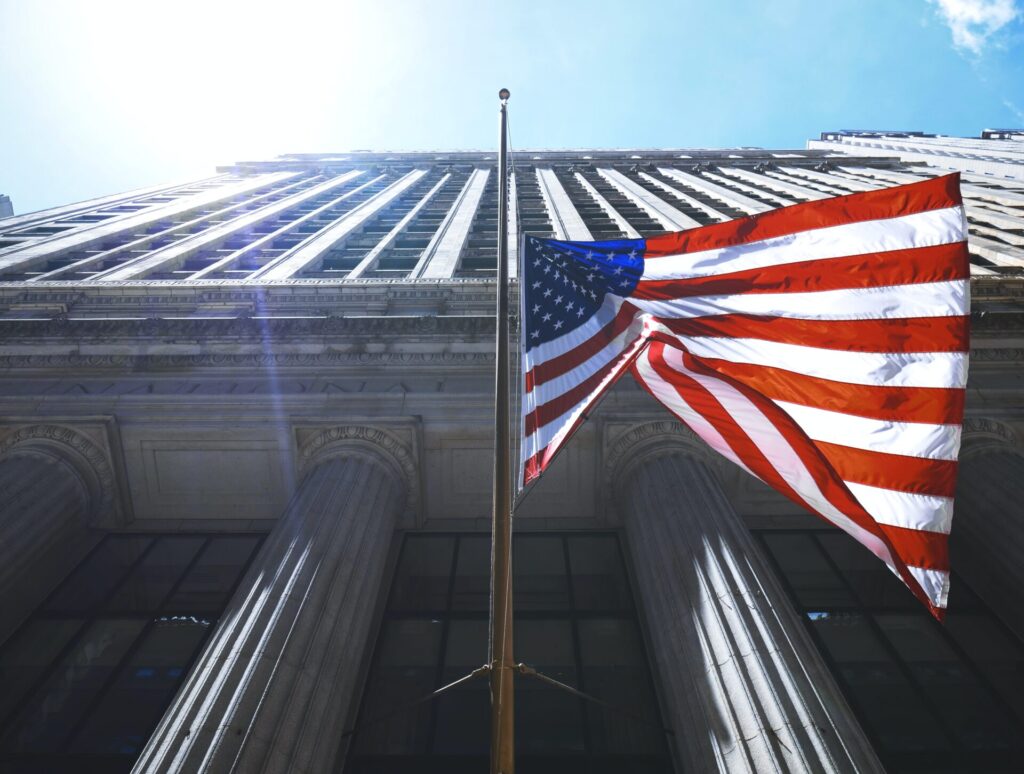
The United States government is gaining an increasingly noticeable position in the cryptocurrency world, currently possessing one of the largest digital fortunes globally. Bitcoins valued at over 5 billion dollars mainly originate from confiscations connected to high-profile digital world scandals.
When we talk about the largest Bitcoin holders, we usually think of private investors, financial institutions, or technological giants. However, few of us realize that the US government has become one of the key players in this market. Recent reports indicate that the American government holds over 200,000 BTC, valued at over 5 billion dollars.
Although the government sold several thousand BTC worth millions of dollars earlier this year, it remains an important player in the cryptocurrency market. Data analysis based on public filings indicates that it still holds 194,188 BTC, valued at 5.3 billion dollars. Importantly, these are cautious estimates based only on publicly available information.
In recent years, the United States government has made several spectacular Bitcoin confiscations. The largest of these involved the confiscation of 69,369 BTC in November 2020 related to Silk Road, the seizure of 94,643 BTC in January 2022 following the Bitfinex hack, and the confiscation of 51,326 BTC in March 2022 related to James Zhong.
All these Bitcoins are stored in secure, encrypted devices known as hardware wallets, overseen by the Department of Justice and the Treasury Department.
Confiscated assets do not automatically become the property of the government. The US Marshals Service, the primary agency responsible for selling seized property, takes over Bitcoins only after the court issues a final forfeiture judgment. From time to time, the US government sells a portion of the confiscated Bitcoins through an auction system based on court liquidation orders. One of the most significant auctions took place in 2014 when billionaire Tim Draper purchased 30,000 BTC.
In recent years, instead of public auctions, the government tends to use cryptocurrency exchanges to sell confiscated Bitcoins. An example of such a transaction was the case in March of this year when Washington sold 9,118 BTC on the Coinbase platform, as confirmed in a public filing.
Such dynamic changes and activities indicate the growing importance of cryptocurrencies. Who knows, perhaps the US government’s accumulation of this digital fortune will prove to be a step towards a new era of finance, where traditional currencies will give way to their digital counterparts. Meanwhile, with each additional BTC in the treasury, the United States strengthens its position in the digital world.
Photo by Patrick Tomasso on Unsplash
